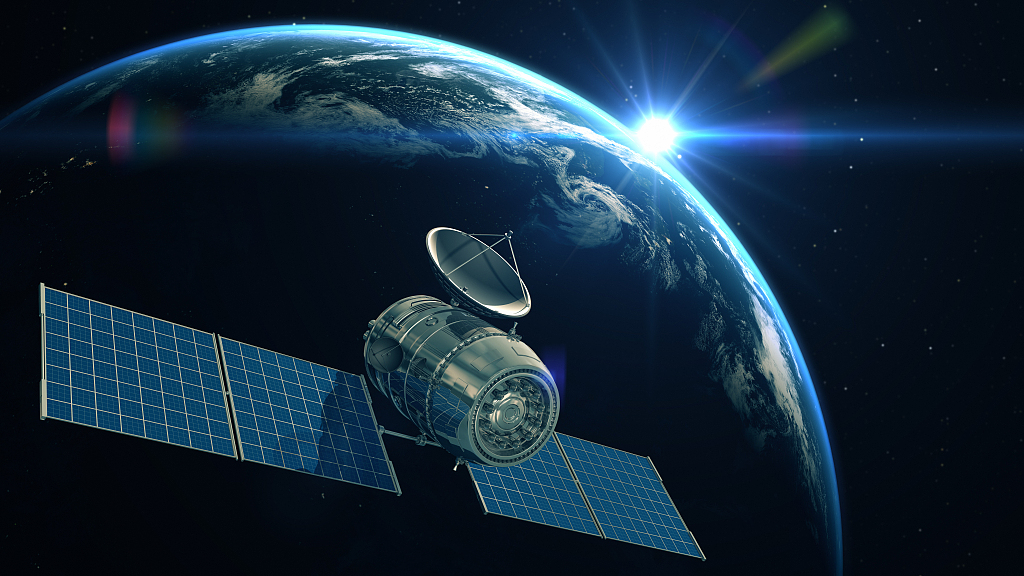Artificial intelligence (AI) has revolutionised almost every field, and space exploration is no exception. With the help of AI, space exploration has become more efficient, cost-effective, and safe. The use of AI in space exploration has opened up new avenues for exploring the unknown and has expanded our understanding of the universe. In this article, we will discuss the role of AI in space exploration, its innovations, and the challenges it faces.
History of AI in Space Exploration
AI has been a part of space exploration for a long time. NASA first used AI in the 1970s to automate some of the processes involved in the Viking Mars mission. Since then, AI has been used in various space missions, including the Mars Pathfinder, the Mars Exploration Rover, and the Mars Science Laboratory. In recent years, AI has become an essential tool for space exploration, and its applications have expanded to various areas.
Applications of AI in Space Exploration
Autonomous Navigation
One of the primary applications of AI in space exploration is autonomous navigation. AI algorithms can help spacecraft navigate through space by analysing images and other data collected during the mission. Autonomous navigation is especially useful when it comes to exploring planets and other celestial bodies where the environment is unpredictable and challenging.
Robotics
AI has revolutionised the use of robotics in space exploration. Robots equipped with AI can perform complex tasks in space, such as drilling, collecting samples, and repairing spacecraft. The use of robotics has reduced the risks associated with space exploration and has made it possible to explore areas that were previously inaccessible.
Data Analysis
AI algorithms can analyse vast amounts of data collected during space missions. This data analysis can help scientists better understand the universe and its workings. AI algorithms can identify patterns, classify data, and detect anomalies, all of which can help scientists draw conclusions about the data collected.
Predictive Modeling
AI can be used to create predictive models that can help scientists anticipate and plan for future space missions. Predictive models can help scientists identify potential hazards and plan more efficient and effective missions.
Innovations in AI for Space Exploration
AI is constantly evolving, and new innovations are emerging that are transforming space exploration. Here are some of the most significant innovations in AI for space exploration:
Deep Learning
Deep learning is a type of AI that is modelled after the structure of the human brain. It has revolutionised the AI field and become an essential tool for space exploration. Deep learning algorithms can analyse complex data sets and identify patterns that were previously difficult to detect.
Natural Language Processing
Natural language processing (NLP) is a type of AI that can analyse and interpret human language. NLP has become an essential tool for space exploration, as it can help scientists analyse vast amounts of data collected during missions.
Edge Computing
Edge computing is a new technology that is emerging as an essential tool for space exploration. Edge computing involves processing data at the source rather than sending it to a central location for analysis. This approach is especially useful for space exploration, where data transmission can be slow and unreliable.
Challenges Facing AI in Space Exploration
Despite the many benefits of AI in space exploration, there are also several challenges that need to be addressed:
Limited Computing Resources
Spacecraft have limited computing resources, which can make it challenging to use AI algorithms. AI algorithms require significant computing power, which can be difficult to achieve with limited resources.
Radiation
Radiation in space can affect the performance of AI algorithms, and radiation-hardened components are necessary to protect AI systems in space.
Lack of Human Supervision
The use of AI in space exploration means that there is less human supervision, which can lead to errors and malfunctions that can be difficult to correct from Earth.
Compatibility Issues
The use of AI in space exploration requires the integration of different technologies and systems, and compatibility issues can arise, which can lead to failures and malfunctions.
Future of AI in Space Exploration
Despite the challenges, the future of AI in space exploration is bright. AI has the potential to transform space exploration and expand our understanding of the universe. Here are some of the areas where AI is likely to play a significant role in the future of space exploration:
Mars Colonization
AI will play an essential role in the colonisation of Mars. AI algorithms can help scientists analyze data from Mars and develop systems that can sustain human life on the planet.
Planetary Defense
AI can be used to detect and deflect potentially dangerous asteroids and comets that could collide with Earth.
Interstellar Travel
AI can help scientists develop new propulsion technologies and navigation systems enabling interstellar travel.
Conclusion
AI has already revolutionised space exploration, and it will continue to play an essential role in the future. The innovations and advancements in AI will enable us to explore the unknown and expand our understanding of the universe. However, there are also significant challenges that need to be addressed to make AI in space exploration more effective and reliable.
